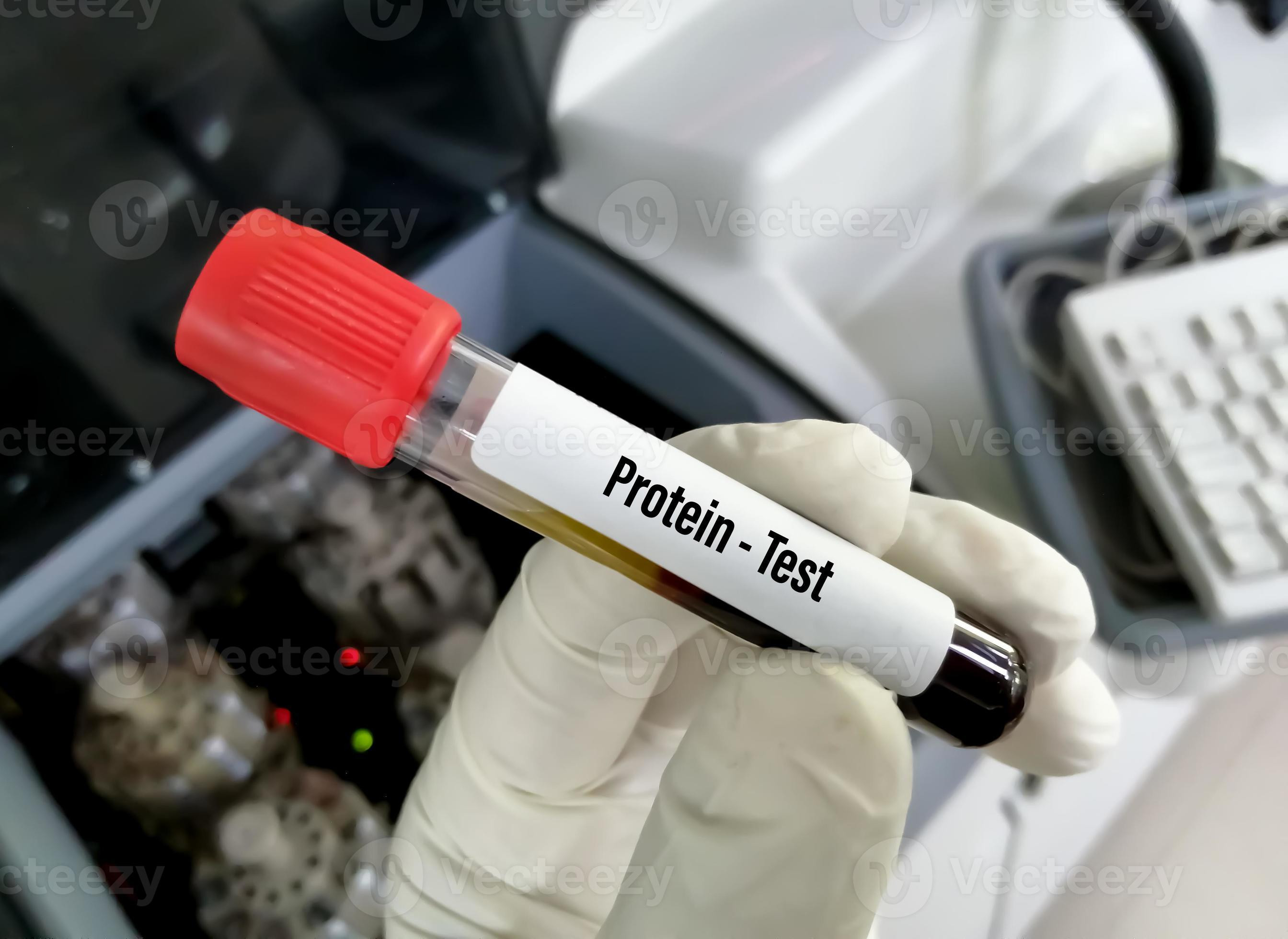Definition
Albumin is a protein produced by the liver that plays a vital role in the body. It carries hormones, vitamins, enzymes, and other essential components through the bloodstream to various tissues. Additionally, albumin helps prevent fluid from leaking out of the blood vessels, thereby avoiding the accumulation of fluid in areas such as the lungs, stomach, or other tissues.
The albumin test is conducted to measure the level of albumin in the blood. It is typically done alongside other laboratory tests that measure proteins, enzymes, and various compounds as part of a metabolic panel. Doctors often recommend the albumin test to assess liver and kidney health.
If the liver is damaged or not functioning correctly, albumin production can decrease. Similarly, if kidney function is impaired, excess albumin may be excreted through the urine, resulting in low albumin levels in the blood.
Indication
The albumin test is performed when you experience symptoms that are suspected to be linked to liver or kidney disorders. While the albumin test itself cannot be used as the sole reference for diagnosing diseases, it provides important information that can help doctors identify underlying issues.
Symptoms that may suggest liver disorders include:
-
Yellowing of the skin or eyes (jaundice)
-
Swelling in the abdomen
-
Swelling in the limbs
-
Dark yellow or cloudy urine
-
Pale or light-colored stools
On the other hand, symptoms that may point to kidney disorders include:
-
Fatigue
-
Swelling in the limbs
-
Bloody or foamy urine
-
Urinary problems
-
Nausea and vomiting
-
Shortness of breath
The albumin test is commonly included as part of a general medical check-up. Additionally, doctors may request this test to monitor a patient's condition and assess their response to ongoing treatments.
Contraindication
There are no specific contraindications to the albumin test. It can be performed on anyone without limitations.
Preparation Before the Test
The albumin test does not require special preparation. However, if you are undergoing another test, such as a 2-hour postprandial (PP) glucose test, you may be asked to fast for a few hours before the test. Certain medications can affect your albumin test results, so it is important to inform your doctor about any medications you are currently taking.
Test Procedure
The albumin test is simple. A healthcare professional will clean the area on your arm with an alcohol swab and draw a small blood sample from a vein. In infants, blood is typically drawn from the heel. After collection, the blood sample is placed into a test tube and analyzed using specialized laboratory equipment. The entire procedure takes about 5 minutes, and you can resume your normal activities afterward.
The risks associated with the albumin test are minimal. Some people may experience mild pain, dizziness, or bruising at the blood draw site, but these symptoms usually resolve quickly.
Normal and Abnormal Values
The normal range for albumin levels in adults is 3.4–5.4 g/dL. If your albumin level falls below this range, it is considered low, and if it is above this range, it is considered high.
For pregnant women, the normal albumin ranges are as follows:
| Pregnancy Trimester | Albumin Levels (g/dL) (g/dL) |
| Trimester 1 | 3.1 - 5.1 |
| Trimester 2 | 2.6 - 4.5 |
| Trimester 3 | 2.3 - 4.2 |
It is important to note that normal values may slightly vary between laboratories due to differences in equipment or testing methods.
Results and Recommendations (Follow-up Tests)
Low Albumin Levels
If your albumin level is below the normal range (<3.4 g/dL), it may indicate issues with liver or kidney function. The liver might not be producing enough albumin, or the kidneys could be excreting excess albumin into the urine. Your doctor may recommend further tests to assess liver or kidney function.
Other conditions that may lower albumin levels include:
-
Nutritional deficiencies (such as malnutrition)
-
Post-weight loss surgery
-
Crohn’s disease
-
Celiac disease
-
Whipple’s disease (a condition that impairs nutrient absorption in the digestive tract)
Certain medications, including birth control pills, can also decrease albumin levels. Pregnant women often have lower albumin levels compared to the general population.
Normal Albumin Levels
If your albumin levels fall within the normal range, it indicates that your liver and kidneys are functioning well. To maintain this healthy state, continue to follow a balanced diet, exercise regularly, and schedule regular health check-ups.
High Albumin Levels
If your albumin levels exceed the normal range (>5.4 g/dL), it could be caused by conditions such as:
-
Dehydration
-
High-protein diet
-
Severe diarrhea
-
Burns
-
Acute infections
Certain medications, including steroids, insulin, and hormones, can also increase albumin levels. Be sure to inform your doctor if you are taking any of these medications.
Consult the Right Doctor
If your albumin levels are abnormal, it is recommended to consult with a general practitioner to receive an accurate diagnosis and appropriate therapy. If needed, an internal medicine specialist can provide further insights regarding your condition. For pediatric patients, a pediatrician will offer more detailed information and therapy based on the child's specific needs.
Looking for more information about laboratory, radiology, and other examination results? Click here!
- dr Hanifa Rahma
Albumin Blood Test. (2022). Retrived 26 July 2022, from https://medlineplus.gov/lab-tests/albumin-blood-test/
Albumin. (2022). Retrived 26 July 2022, from https://www.urmc.rochester.edu/encyclopedia/content.aspx?contenttypeid=167&contentid=albumin_blood
Albumin Blood Test. (2021). Retrived 26 July 2022, from https://www.testing.com/tests/albumin/
Albumin Blood (Serum) Test. (2019). Retrived 26 July 2022, from https://www.ucsfhealth.org/medical-tests/albumin-blood-(serum)-test












